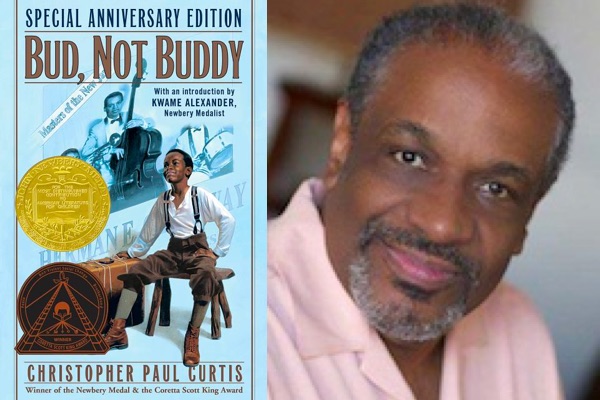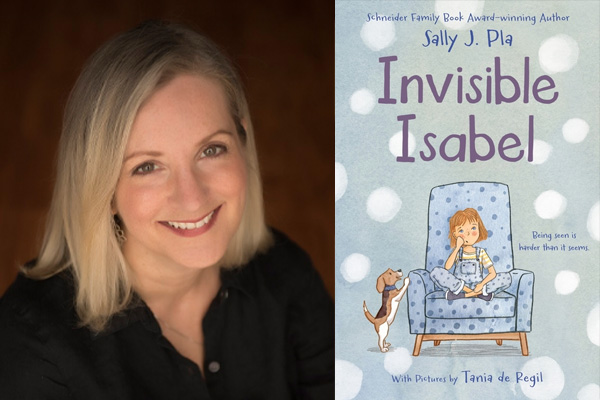Special Education Standards Support
Inspired by the National Board for Professional Teaching Standards1, the reference points that are bolded below can enhance special education instruction.
Support multiple learning styles with literacy resources in a variety of formats.
Use the Advanced Search tool to locate resources in a variety of formats including audio, video, and text to support student learning styles.
Explore the entire Read-Along Collection that offers resources like this Meet-the-Author Recording for Stargazing by Jen Wang with transcripts to guide listening and tracking of text.
Explore the variety of resources for Bud, Not Buddy by Christopher Paul Curtis.
Model, scaffold, and support instruction with Comprehension Graphic Organizers.


Build background knowledge and provide opportunities to preteach with author resources.
Listen to authors and illustrators describe their inspiration and creative process using audio and video primary sources.
Broaden student knowledge of war-torn countries with this video book reading of The Cat Man of Aleppo by Karim Shamsi-Basha, Irene Latham, and Yuko Shimizu.
Listen to Sally Pla describe her experience growing up as an undiagnosed autistic girl and how that shaped Invisible Isabel in this Meet-the-Author Recording.
Meet Jessica who experiences what it’s like to have a service dog in Rescue and Jessica by Jessica Kensky, Patrick Downes, and Scott Magoon.
Recognize and discuss differing abilities with the support of book guides, activities, and lessons.
Differentiate with Multi-Leveled Lessons to scaffold instruction and build connections.
Explore the Schneider Family Book Award honoring titles that embody an artistic expression of the disability experience.
Inspire conversation using this teacher’s guide for Cynthia Lord’s Rules.
Share Patricia Polacco's personal experience as a struggling reader with her Meet-the-Author Movie.


Prepare students for critical reading by developing academic language and vocabulary.
Support the development of word knowledge with Vocabulary Graphic Organizers and word lists for required or independent reading titles.
Search the Disability Collection and filter to discover titles that have vocabulary lists.
Boost vocabulary by creating word searches to complete as a group or individually.
Preteach vocabulary for Lynda Mullaly Hunt’s Fish in a Tree or other titles that have ready-to-use lists for instruction.
1. Referenced from "Exceptional Needs Standards." National Board for Professional Teaching Standards, https://www.nbpts.org/wp-content/uploads/2021/09/ECYA-ENS.pdf.

